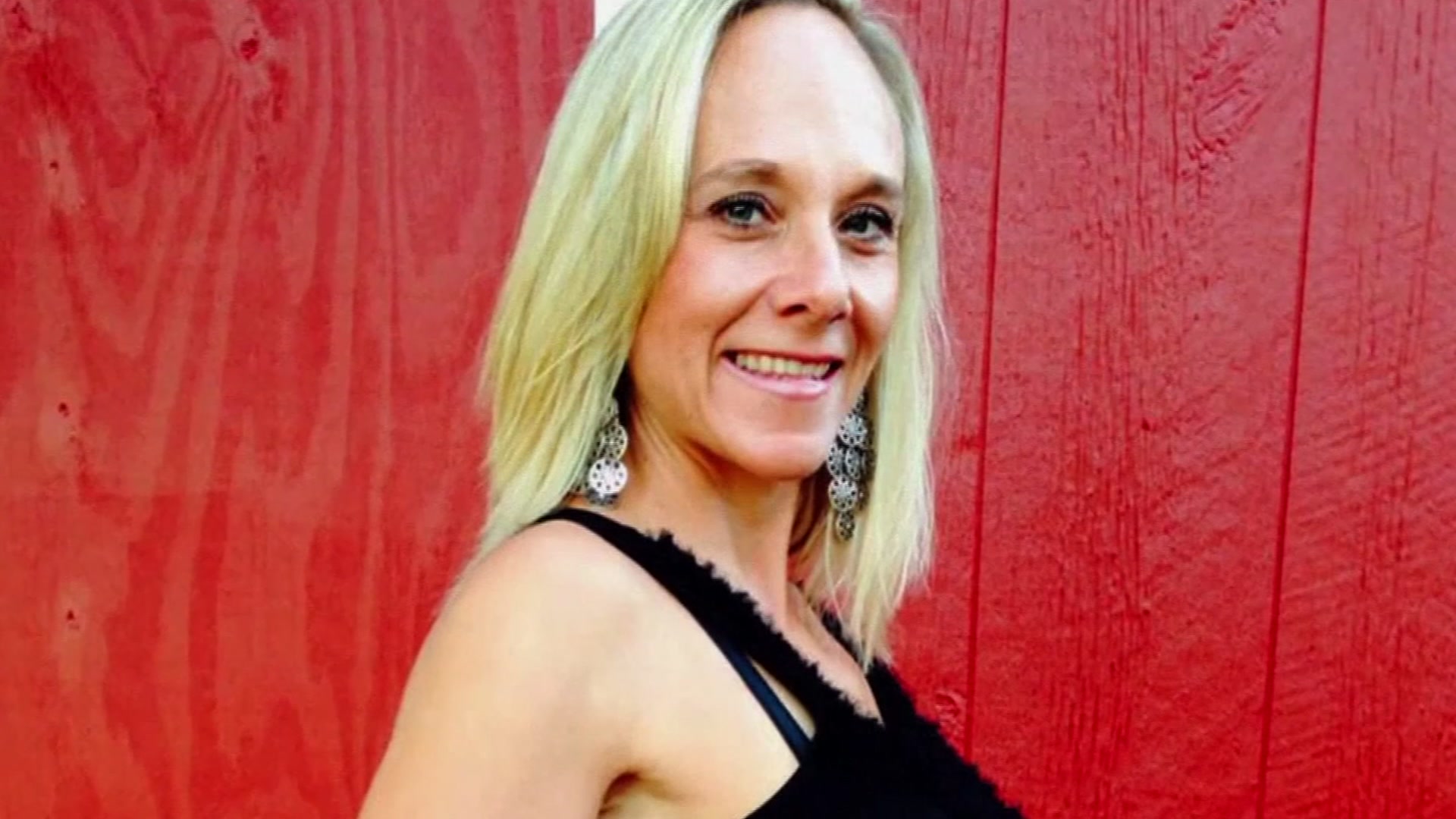Lawyers for the state and Texas strip clubs clashed again Wednesday as an appeals court considers whether to uphold the so-called 'pole tax,' a $5 fee on admissions that a judge ruled an unconstitutional tax on free speech.
Passed by the Legislature in 2007, the fee was projected to raise about $44 million for sexual assault prevention programs and health care for the uninsured.
The state comptroller's office has continued to collect the fee, $11.2 million so far, and has set that money aside while the issue works its way through the courts.
In March 2008, a state district judge found that the fee was an illegal tax on expression -- nude dancing -- that, while politically unpopular, is protected by the First Amendment.
In arguments before the state Third Court of Appeals, Texas Solicitor General James Ho said the government should be allowed to collect the fee in part because it can already regulate nude dancing as well as sales of alcohol.
The law specifically applies to strip clubs that sell alcohol. By putting those two elements together, "a small and modest fee should be permissible," said Ho, the top appeals attorney for state Attorney General Greg Abbott.
The fee is not a tax on constitutionally protected free speech, Ho said.
Local
The latest news from around North Texas.
"Remove the alcohol, remove the fee," he said.
The Texas Entertainment Association, which represents strip clubs across the state, strenuously disagreed.
"It is a tax on speech," said the group's lawyer, Craig Enoch, a former Texas Supreme Court justice. He said the fee is only charged at bars and clubs that have nude dancing.
"This is a tax that is assessed if you are entertaining in the nude," Enoch said.
The state's argument that the sale of alcohol is the key component would open other First Amendment issues, Enoch said.
"If this statute is not a tax on speech, the state could tax the Catholic church because it serves alcohol at communion," Enoch said.
The courtroom was packed with representatives of the Texas Association Against Sexual Assault, which supports the fee, and its member agencies around the state.
The group said courts and research have connected live nude entertainment and the sale of alcohol and sexual violence. The fee is "the most appropriate, long-term source of funding for sexual assault programs statewide."
But the group also realizes the case could drag on for months or years before a final court ruling, leaving the money sitting in a state account instead of being spent on the intended services.
Annette Burrhus-Clay, executive director of TAASA, said the group will work with lawmakers during the current legislative session to draft a new bill that protects free speech and provides a dedicated source of money.



